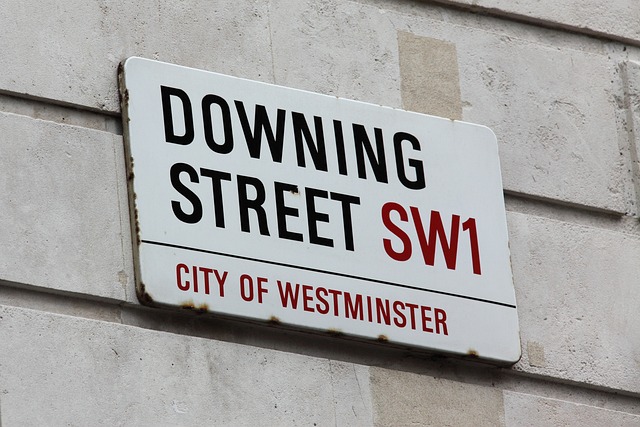By Nick
Hedley
BT Pension
Scheme, one of the U.K.’s largest, says the value of its assets plunged £11
billion ($12 billion) after former finance minister Kwasi Kwarteng spooked
investors with a mini-budget that put forward huge unfunded tax cuts.
The fund
revealed this in its annual report, which was published a day before Liz Truss
resigned as prime minister after less than two months in the job. Her exit
follows Kwarteng’s own resignation.
The
mini-budget caused a steep sell-off in the long-dated government bond market,
which, in turn, caused many defined benefit pension funds to face collateral
calls on their liability-driven investment (LDI) strategies. These strategies
are used to manage risk and ensure the timely payment of pensions.
The central
bank was forced to launch a bond-buying program to keep yields in check and
prevent further collateral damage.
“Prior to
the Bank of England’s gilt market intervention, there was an estimated £11bn fall in the value of the scheme’s assets,” BT
Pension Scheme said in its report.
“Our hedges
have continued perform as expected, and up to the date of signing there has been
no worsening in our estimated funding position.”
The fund’s
net assets were valued at £46.9bn (US$53 billion) at the end of June.
The
Pensions and Lifetime Savings Association said in a separate statement that
member benefits were secure, pension schemes were not at risk of going
insolvent, and that higher gilt yields would improve defined-benefit schemes’
funding positions in the medium to long term.



